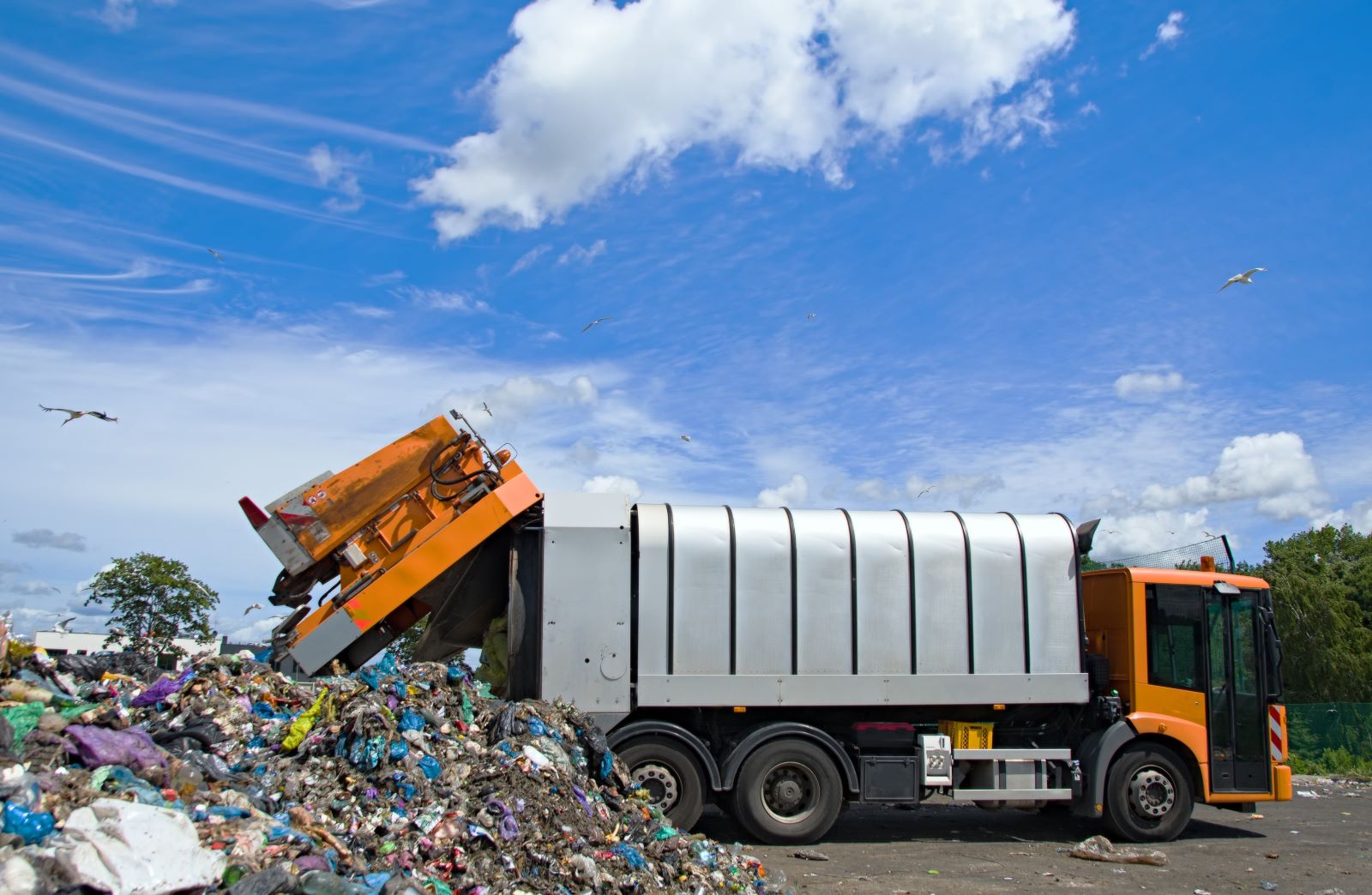Innovative Technologies Transforming Waste Disposal Companies
Waste management is evolving rapidly, driven by the need for efficiency and sustainability. In Gauteng, waste disposal companies are embracing innovative technologies that not only streamline operations but also contribute to a greener environment. Here, we explore the top five technologies transforming the landscape of waste management in the region.
1. Smart Waste Bins
One of the most exciting advancements in waste management is the introduction of smart waste bins. These bins are equipped with sensors that monitor fill levels and send real-time data to waste management companies. This allows for optimised collection routes, reducing fuel consumption and ensuring that bins are emptied only when necessary. By minimising unnecessary trips, smart bins enhance operational efficiency while decreasing the carbon footprint of waste collection.
2. Waste-to-Energy Solutions
Waste-to-energy technology is gaining traction among waste disposal companies in Gauteng. This innovative process converts non-recyclable waste materials into usable energy, such as electricity and heat. By diverting waste from landfills, waste-to-energy facilities not only reduce environmental impact but also provide a sustainable energy source. This approach aligns perfectly with South Africa’s goals for energy independence and reducing reliance on fossil fuels, making it a win-win for both waste management and the environment.
3. Recycling Robotics
As recycling becomes increasingly important in waste management, companies are turning to robotics to improve efficiency and accuracy. Advanced robotic systems equipped with artificial intelligence can sort and separate recyclable materials from general waste at impressive speeds. This technology minimises contamination rates, ensuring that more materials are correctly processed and diverted from landfills. By automating the sorting process, waste disposal companies can focus their human resources on other critical tasks while increasing recycling rates.
4. Composting Technologies
Composting has emerged as a key strategy for managing organic waste, and innovative composting technologies are making this process more efficient than ever. Aerobic digesters and in-vessel composters can accelerate the decomposition of organic materials, turning food waste and yard debris into nutrient-rich compost in a fraction of the time required by traditional methods. Waste management companies that adopt these technologies not only contribute to reducing landfill waste but also produce a valuable product that can be sold or donated to local farms and gardens.
5. Data Analytics and IoT
The integration of data analytics and the Internet of Things (IoT) is transforming waste management into a data-driven industry. By collecting and analysing data from various sources—such as collection routes, bin usage, and recycling rates—waste disposal companies can make informed decisions that enhance their operations. IoT devices can track waste generation patterns, allowing companies to adapt their services based on real-time insights. This data-centric approach leads to more efficient waste management strategies, improved customer satisfaction, and a better understanding of community needs.
As Gauteng’s waste management sector evolves, embracing these innovative technologies will be crucial for waste disposal companies aiming to stay competitive and sustainable. From smart waste bins to waste-to-energy solutions, these advancements not only enhance efficiency but also contribute significantly to environmental protection.
At A-Thermal, we understand the importance of staying ahead in the waste management industry. By adopting cutting-edge technologies, we are committed to providing reliable and sustainable waste disposal solutions that benefit both our clients and the environment. If you’re looking to enhance your waste management practices and contribute to a greener Gauteng, get in touch with us today to learn how our services can support your business!







